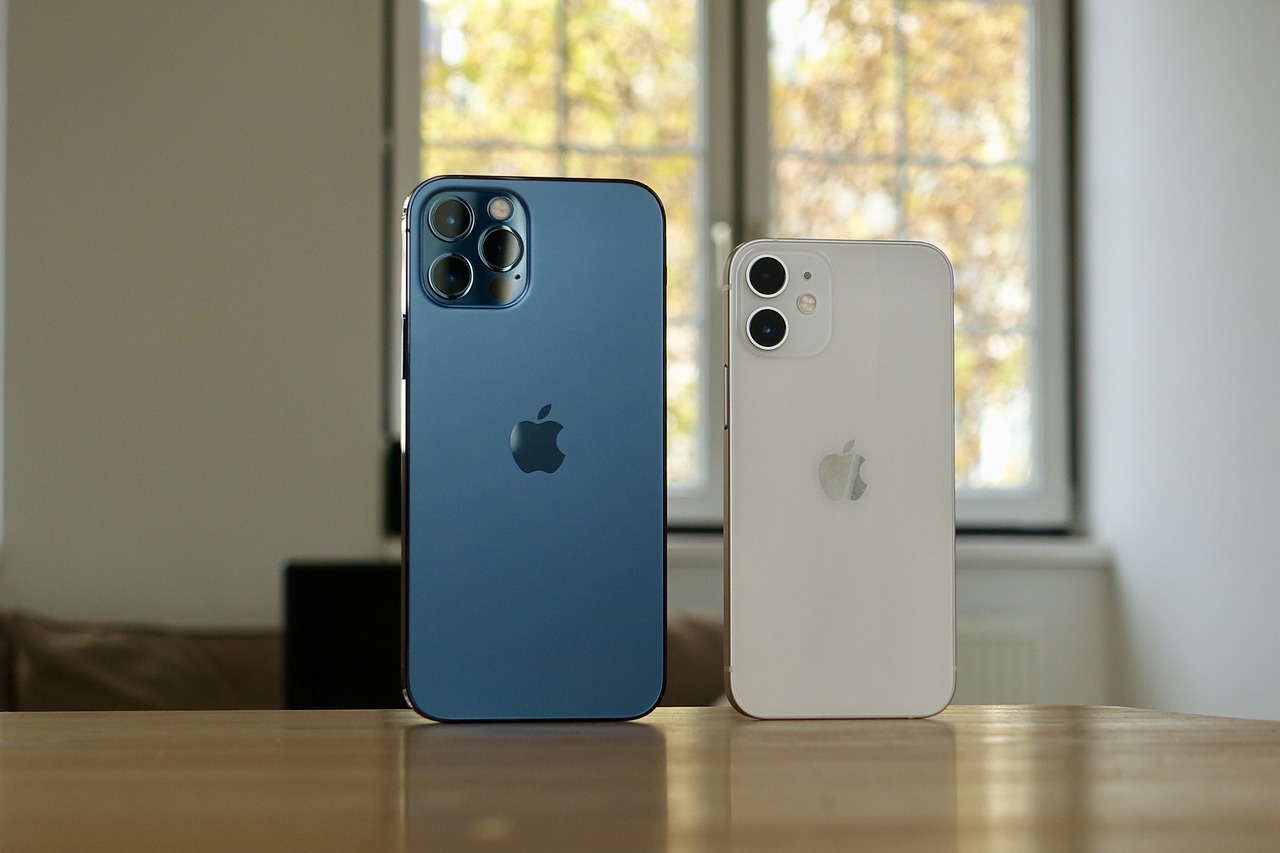
Tech giant Apple has reported an increase in sales during the fourth quarter despite the impact of the Covid-19 pandemic.
With consumers purchasing its latest phones, laptops and gadgets during the Christmas period, Apple posted $111 billion in sales in the last three months of 2020, representing a 21% increase from last year.
The surge has been attributed to increased online activity prompted by the pandemic, driving demand for new technology. According to Apple, it currently has over 1.65 billion active devices globally, including more than 1 billion iPhones.
iPhone 12 and the Chinese market
Apple's sales increase comes at the heels of the release of its new iPhone 12 line of smartphones. According to company executives, they have convinced a record number of people to switch to the iPhone or upgrade to the latest model.
Furthermore, the tech firm's growth in China, which has recovered more quickly from the pandemic, was particularly strong, due partly to the demand for phones compatible with new 5G networks.
Apple posted a 57% increase in sales from the greater China region, which includes Hong Kong and Taiwan while its sales in Europe and the Americas rose by 17% and 11%, respectively.
Apple's chief financial officer Luca Maestri said: "The products are doing very well all around the world. As we look ahead into the March quarter, we've very optimistic."
Dan Ives, an analyst with Wedbush Securities, says Apple is just at the beginning of a "super-cycle" as Apple users finally upgraded their old phones, in line with upgrades to telecommunications networks.
Ives wrote: "With 5G now in the cards and roughly 40% of its 'golden jewel' iPhone installed base not upgrading their phones in the last 3.5 years, [Apple chief Tim] Cook & Co have the stage set for a renaissance of growth."
Lawsuits, App Store fees and medical devices
Last November, Apple announced that it will reduce the fees it charges app developers on the App Store amid mounting antitrust issues.
According to Apple, it will lower its App Store fees from 30% to 15% for app developers that earned less than $1 million in the previous year. The fees reduction for the smaller developers will take effect on January 1, 2021.
The firm noted that those making more than $1 million annually will continue to be charged 30% based on its existing fee structure.
Meanwhile in December, class action lawsuits were filed by advocacy group Euroconsumers in Europe against Apple over its controversial iPhone slowdown practice. The lawsuits will cover up to 2 million iPhone 6, 6 Plus, 6S and 6S Plus devices in Belgium, Spain, Italy and Portugal.
In 2016, millions of people using the iPhone 6 and 7 and SE models were affected after their units slowed down after Apple launched a software update. Dubbed “batterygate”, the issue was denied by Apple and argued that it the phones were slowed to preserve aging battery life.
According to the advocacy group, it had failed to resolve the issue with Apple out of court so it is seeking compensation of €60 or $72.30 on average for each affected consumer. If it wins the case, Apple will be forced to pay €180 million or $217 million in total, based on estimates of the number of devices affected.
A few days ago, Apple issued a warning that its iPhones could potentially interfere with medical devices, such as pacemakers.
In a notice published by Apple on its website on January 23, the firm warned iPhones contain magnets and radios which emit electromagnetic fields, which “may interfere” with medical devices, including implanted pacemakers and defibrillators.
The company also warned about MagSafe accessories.






